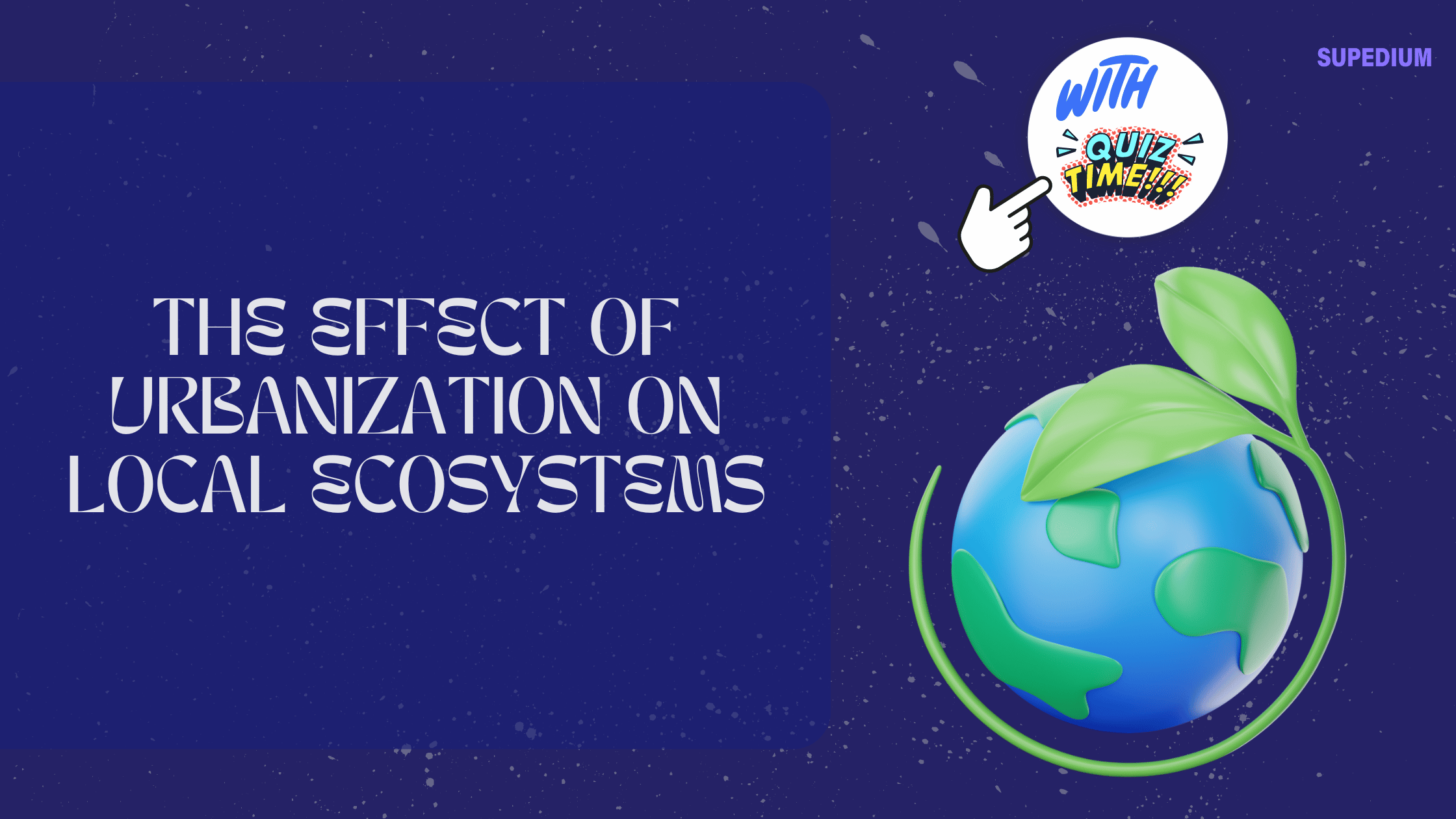Table of Contents
![]()
I. Introduction
Mental health is a vital aspect of our overall well-being, encompassing our emotional, psychological, and social health. It influences how we think, feel, and act, shaping our interactions with others and how we handle stress. Relationships play a crucial role in our mental health, offering support, love, and connection. This article delves into the intricate relationship between mental health and relationships, exploring how they impact one another and offering strategies for fostering healthier connections.
II. Understanding Mental Health
A. Components of Mental Health
Mental health comprises several interrelated components:
- Emotional Well-Being: This involves our ability to manage emotions and cope with life’s challenges.
- Psychological Well-Being: This includes self-acceptance, personal growth, and a sense of purpose.
- Social Well-Being: This refers to the quality of our relationships and our ability to engage with others.
B. Common Mental Health Issues
Mental health issues can affect anyone, regardless of age or background. Some prevalent conditions include:
- Anxiety Disorders: Characterized by excessive worry and fear.
- Depression: A mood disorder marked by persistent sadness and loss of interest.
- Bipolar Disorder: Involves extreme mood swings, from highs (mania) to lows (depression).
- Post-Traumatic Stress Disorder (PTSD): A condition triggered by experiencing or witnessing a traumatic event.
C. Stigma Surrounding Mental Health
Despite increased awareness, stigma surrounding mental health persists, leading to misunderstanding and discrimination. Many individuals fear judgment, which can prevent them from seeking help, further complicating their relationships.
III. The Impact of Mental Health on Relationships
A. Communication Challenges
Mental health conditions often impair communication skills. Individuals may struggle to express their feelings, leading to misunderstandings and conflicts. Anxiety may cause someone to avoid discussions altogether, while depression can result in emotional numbness, making it hard to connect.
B. Emotional Availability
Mental health issues can affect emotional availability. For instance, someone experiencing depression might withdraw from intimate interactions, creating distance in their relationships. Anxiety can lead to avoidance behaviors, making it difficult for individuals to be present for their partners or friends.
C. Conflict and Tension
Mental health challenges can heighten irritability and lead to conflicts. Individuals may react disproportionately to stressors, resulting in arguments or withdrawal. This tension can create a cycle of misunderstanding and resentment in relationships.
IV. The Impact of Relationships on Mental Health
A. Support Systems
Healthy relationships serve as critical support systems. Friends and family provide emotional and practical support, helping individuals navigate challenges. Studies show that strong social networks are linked to lower levels of anxiety and depression.
B. Positive Relationships
Positive relationships can significantly boost self-esteem and overall mental health. Engaging with supportive friends and loved ones can reduce stress and foster a sense of belonging, which is essential for emotional well-being.
C. Toxic Relationships
Conversely, toxic relationships can harm mental health. Emotional abuse, manipulation, or co-dependency can lead to feelings of worthlessness and anxiety. Recognizing and addressing unhealthy dynamics is vital for maintaining mental well-being.
V. Strategies for Maintaining Healthy Relationships
A. Open Communication
Effective communication is key to healthy relationships. Practicing active listening and expressing needs clearly can help prevent misunderstandings. Establishing open dialogue fosters trust and connection.
B. Emotional Support Techniques
Providing emotional support is essential for nurturing relationships. Techniques such as empathy and validation can strengthen bonds. Offering encouragement and reassurance during tough times helps individuals feel understood and valued.
C. Seeking Professional Help
Sometimes, relationships may benefit from professional intervention. Couples therapy can provide a safe space to address issues, while individual therapy can help individuals manage their mental health challenges more effectively.
VI. Self-Care and Personal Growth
A. Importance of Self-Awareness
Self-awareness is crucial for maintaining healthy relationships. Understanding one’s feelings, triggers, and mental health needs allows individuals to engage more effectively with others.
B. Developing Emotional Intelligence
Emotional intelligence—the ability to recognize and manage emotions—can enhance relationship quality. It enables individuals to navigate conflicts and communicate more effectively.
C. Building Resilience and Coping Strategies
Developing resilience and coping strategies is vital for maintaining mental health in the context of relationships. Techniques such as mindfulness, stress management, and self-care can empower individuals to handle challenges more effectively.
VII. Case Studies and Examples
A. Successful Relationships Supporting Mental Health
Consider a couple where one partner is experiencing anxiety. The other provides a supportive environment, encouraging open discussions about feelings. This communication fosters understanding and strengthens their bond.
B. Relationships Struggling Due to Mental Health Issues
In contrast, a friendship where one individual is battling depression might see increased tension if the other is unaware of the struggles. Without open communication, the friendship may suffer due to misunderstandings and unmet needs.
VIII. Conclusion
The connection between mental health and relationships is profound and multifaceted. Understanding how these elements influence one another can lead to healthier interactions and improved mental well-being. By fostering open communication, offering support, and seeking professional help when needed, individuals can build stronger, more resilient relationships that enhance their mental health.
Share This





Be the first to comment